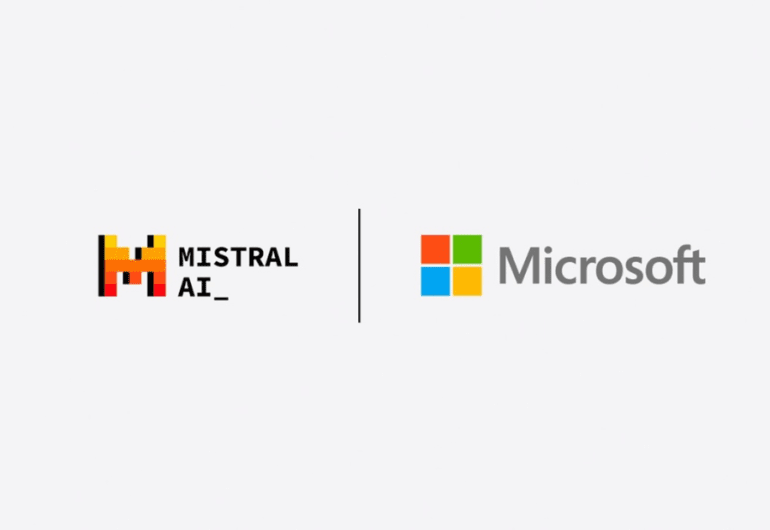- Microsoft’s partnership with French AI startup Mistral AI has sparked concerns in the European Union.
- Antitrust authorities are scrutinizing Microsoft’s collaboration with OpenAI, with potential implications for competition rules.
- Microsoft’s investment of 15 million euros in Mistral, with plans to integrate its AI models into Azure, has raised eyebrows among lawmakers.
- Initially, Microsoft claimed the investment didn’t entail a stake, but clarified later that it would convert into equity during the next funding round.
- Mistral, valued at 2 billion euros, received funding in December from investors like Andreessen Horowitz and Lightspeed.
- European lawmakers question the motives behind exemptions advocated by France, Germany, and Italy for companies developing generative AI models.
- Concerns arise over the influence of American tech lobbying and the behavior of Mistral and the French government during negotiations.
- Calls for an investigation into the partnership and skepticism regarding Mistral’s portrayal as a European champion persist.
Main AI News:
Microsoft’s recent venture with the French artificial intelligence startup Mistral AI has stirred concerns within the European Union, prompting calls for an inquiry into what is perceived as a consolidation of power by the tech behemoth.
Antitrust regulators have already turned their gaze towards Microsoft’s alliance with OpenAI, the creator of ChatGPT, with the European Commission cautioning that their association might run afoul of EU competition regulations.
However, Monday’s revelation by Microsoft, announcing a 15-million euro ($16 million) investment in Mistral, caught lawmakers off guard. The tech giant declared its intention to integrate Mistral’s AI models into its Azure cloud computing platform.
A Microsoft spokesperson initially informed Reuters that the investment in Mistral did not involve acquiring a stake in the company. Subsequently, Microsoft clarified that its investment would translate into equity in Mistral during the next funding round—a tactic commonly employed by major tech firms when investing in AI startups, sidestepping the immediate valuation.
Notably, Mistral was valued at 2 billion euros in its latest funding round in December, supported by investors like Andreessen Horowitz and Lightspeed.
Facing regulatory heat over its substantial investment in OpenAI the previous year, Microsoft emphasized that it did not hold ownership in the company and thus lacked control. Instead, Microsoft secured access to OpenAI’s advanced models and the right to share in its profits, a move that attracted antitrust scrutiny from both the EU and the U.S.
“What is becoming apparent reinforces the wisdom of not diluting our aspirations regarding the safety of GPAI (general-purpose AI) models with systemic risks, following robust lobbying efforts from entities like Mistral,” remarked Brando Benefei, a Member of the European Parliament (MEP) involved in crafting the AI Act.
European Champions?
France, alongside Germany and Italy, advocated for exemptions for companies developing generative AI models to shield European startups like Mistral from excessive regulation.
However, some MEPs expressed skepticism, suggesting that this narrative might have been a facade influenced by American-centric big tech lobbying efforts. Kim van Sparrentak, an MEP closely involved in the AI Act, voiced concerns over the potential manipulation of European regulators.
MEP Alexandra Geese raised pertinent questions about Mistral and the French government’s conduct during the negotiations, highlighting the unprecedented accumulation of wealth and influence in the tech sphere, warranting further investigation.
As of now, neither the French government nor representatives from Microsoft and Mistral AI have provided comments.
Max von Thun, Europe Director at the Open Markets Institute, called for swift action from the EU to probe the partnership, dismissing Mistral’s claims of being a European champion as a charade.
Conclusion:
Microsoft’s investment in Mistral AI, amidst growing scrutiny from EU regulators, underscores the complex dynamics shaping the AI market. With concerns over competition, influence, and regulatory oversight, this partnership highlights the challenges faced by both tech giants and startups navigating the evolving landscape of AI development and deployment.

